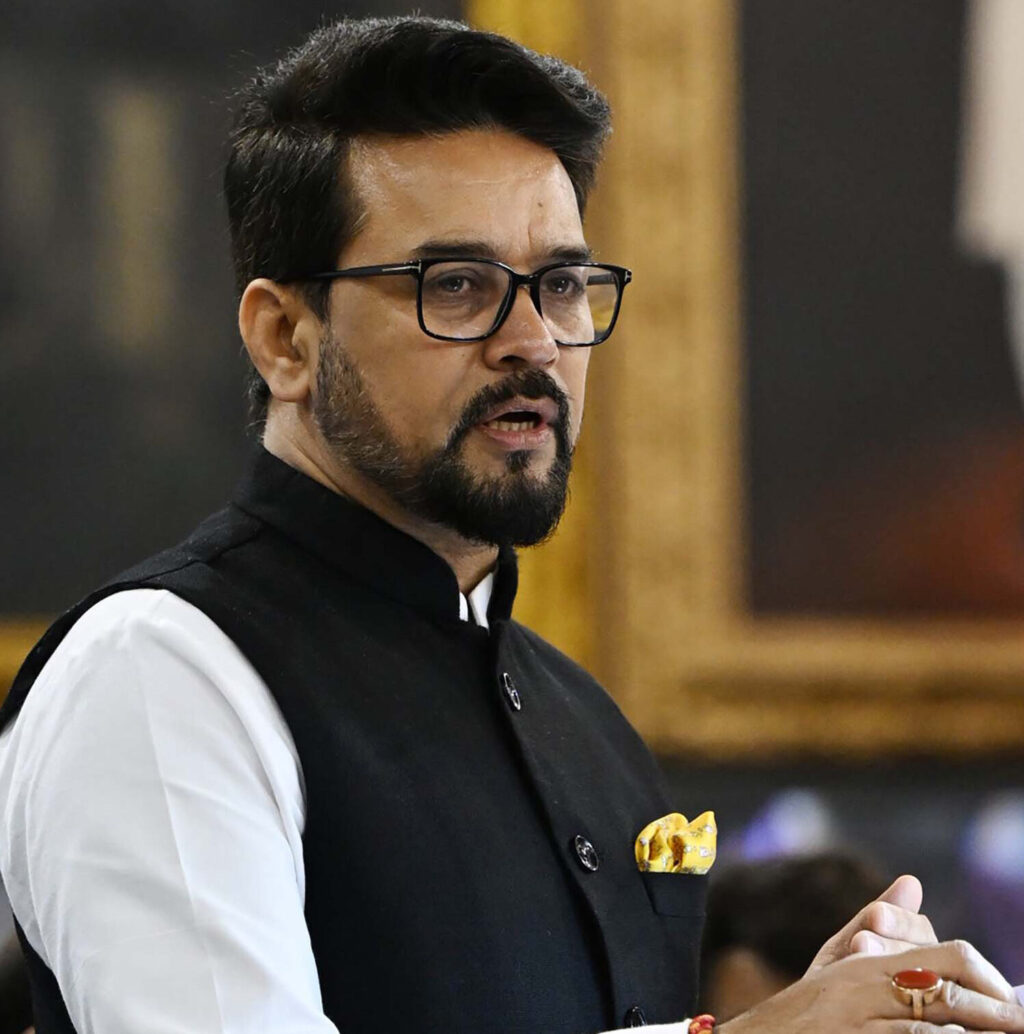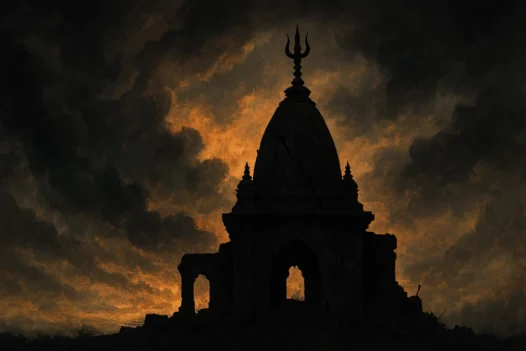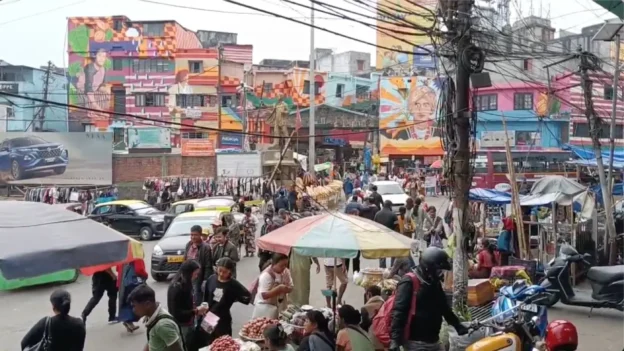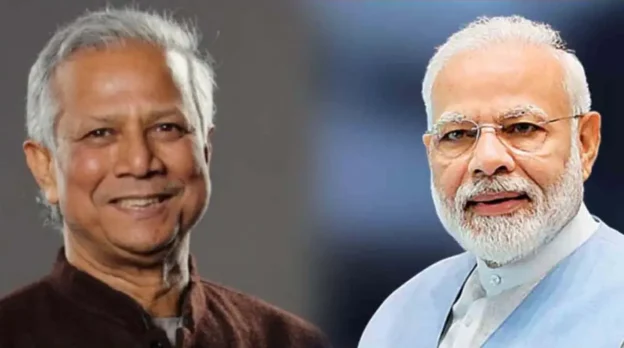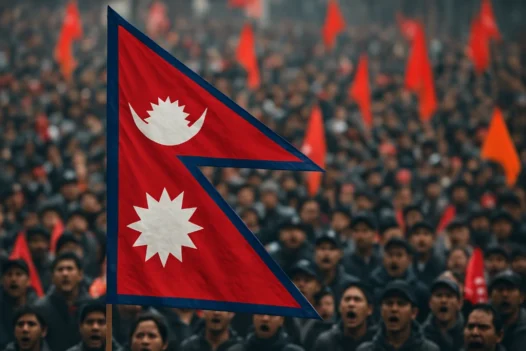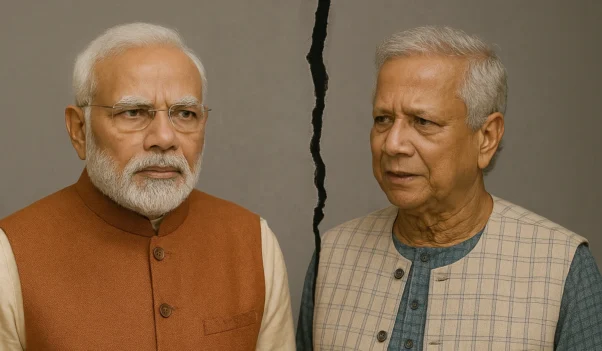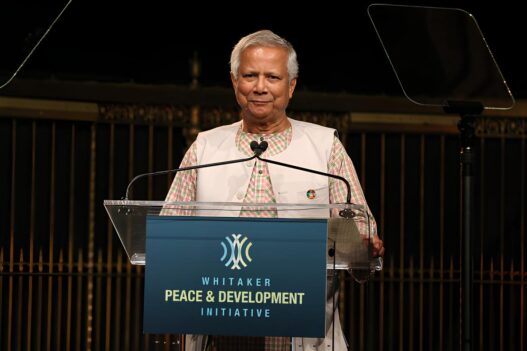In a move described as “deliberate and selective,” India has officially protested against China’s obstruction of three athletes hailing from Arunachal Pradesh, preventing them from participating in the Asian Games in Hangzhou. This incident led to the cancellation of Sports Minister Anurag Thakur’s planned visit to China. The three women wushu players from Arunachal Pradesh, encountered difficulties in downloading travel documents from an official Chinese website, thus preventing their journey to Hangzhou. Meanwhile, the remaining members of the Indian wushu squad, comprising a total of ten players, faced no such obstacles and successfully embarked on their journey to Hong Kong, with a connecting flight to Hangzhou.
This incident, which marked the second time within two months that these athletes faced such discrimination, has drawn sharp criticism from India’s leadership.
Chief Minister Pema Khandu met with Prime Minister Narendra Modi in New Delhi to discuss the issue in detail. Khandu conveyed that Prime Minister Modi has firmly taken a stand against China’s actions and has instructed the Sports Minister to cancel his proposed visit to China in response. Arunachal Olympic Association (AOA) secretary-general Bamang Tago, quoting the Chief Minister, stated, “He (Modi) has taken a stand and asked the sports minister to cancel his proposed visit to China.”
External Affairs Ministry spokesperson Arindam Bagchi stated, “A strong protest has been lodged in New Delhi and Beijing against China’s deliberate and selective obstruction of some of our sportspersons.” He emphasized that India rejects the differential treatment of its citizens based on domicile or ethnicity, underscoring that Arunachal Pradesh is and will always remain an integral and inalienable part of India.
Bagchi condemned China’s actions as a violation of both the spirit of the Asian Games and the established rules governing their conduct, which explicitly prohibit discrimination against competitors from member states. He pointed out that China’s actions not only violate the spirit of the Asian Games but also contravene the rules governing their conduct, explicitly prohibiting discrimination against competitors from member states.
Bagchi added, “Further, as a mark of our protest against the Chinese action, the Minister of Information and Broadcasting and Youth Affairs & Sports of India has canceled his scheduled visit to China for the Games. The government of India reserves the right to take suitable measures to safeguard our interests.”
This incident unfolds at a time when India-China relations are strained due to an ongoing military standoff on the Line of Actual Control (LAC). India has linked the normalization of relations to the restoration of peace and tranquility in border areas.
The three wushu players – Nyeman Wangsu, Onilu Tega, and Mepung Lamgu – had received their accreditation cards from the Hangzhou Asian Games Organizing Committee (HAGOC), which also act as entry visas. However, they encountered difficulties when attempting to download their travel documents, which were to be validated upon arrival in China.
China’s response to these allegations was provided by foreign ministry spokesperson Mao Ning, who stated, “As the host country, China welcomes athletes from all countries to come to Hangzhou to participate in the Asian Games with legal documents.” Mao Ning emphasized that China does not recognize Arunachal Pradesh and reiterated China’s territorial claim over the region, referring to it as “Zangan,” a part of China’s territory.
In light of this incident, the AOA has written to the Indian Olympic Association (IOA), urging them to take up the matter with the International Olympic Committee. The AOA secretary-general’s letter to IOA President PT Usha highlighted that the three athletes were left behind due to the non-issuance of valid accreditation numbers under the pretext of Arunachal Pradesh domicile. It stressed the importance of ensuring equal treatment for all Indian athletes, regardless of their state of origin, and the need to uphold the principles of the Olympic movement.
Notably, the IOA had previously stated that the three wushu players from Arunachal Pradesh had obtained their accreditation from the Hangzhou Asian Games organizers.
These players had faced a similar situation in July when they were unable to compete at the World University Games in Chengdu due to stapled visas issued by China, signaling China’s rejection of India’s sovereignty over Arunachal Pradesh. In response, the eight-member Indian wushu team withdrew from the event in protest.

